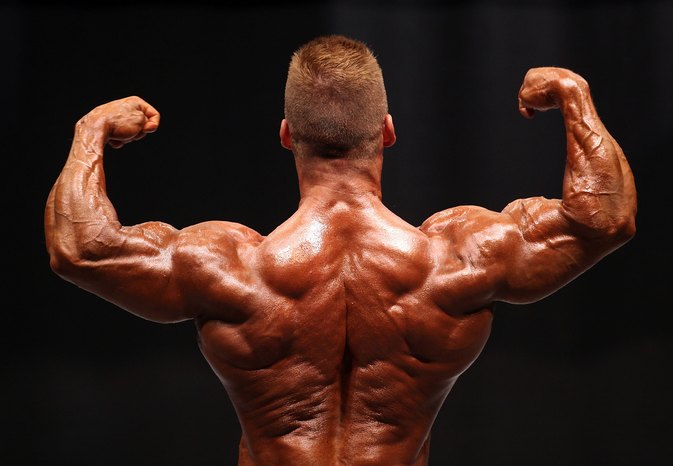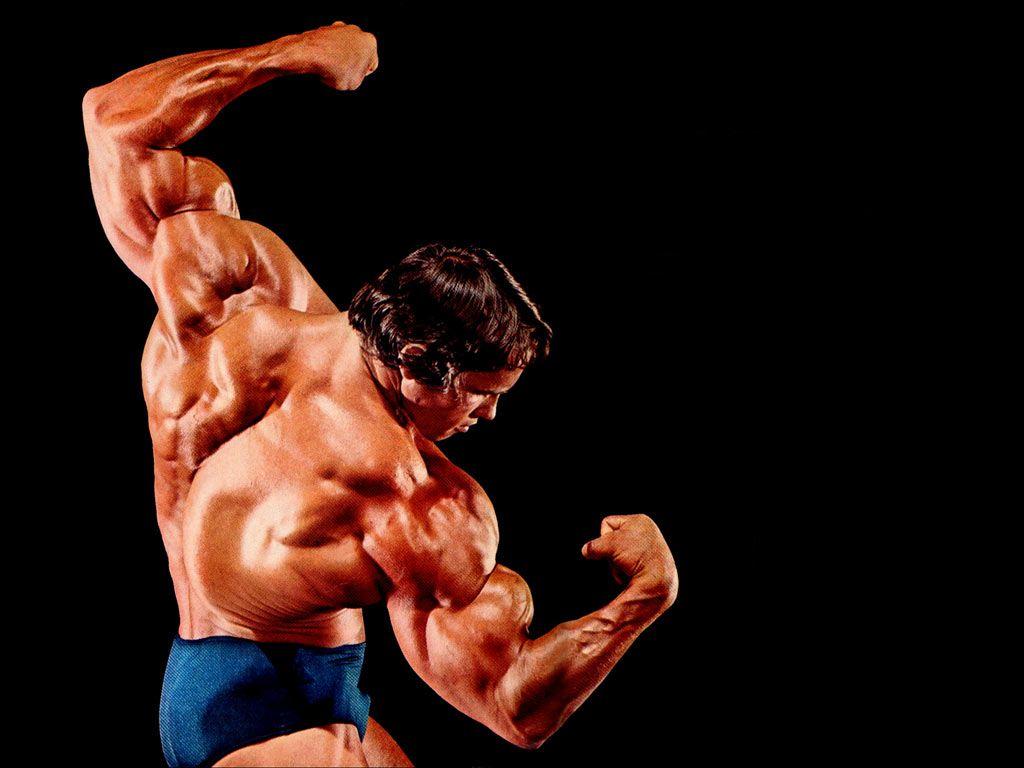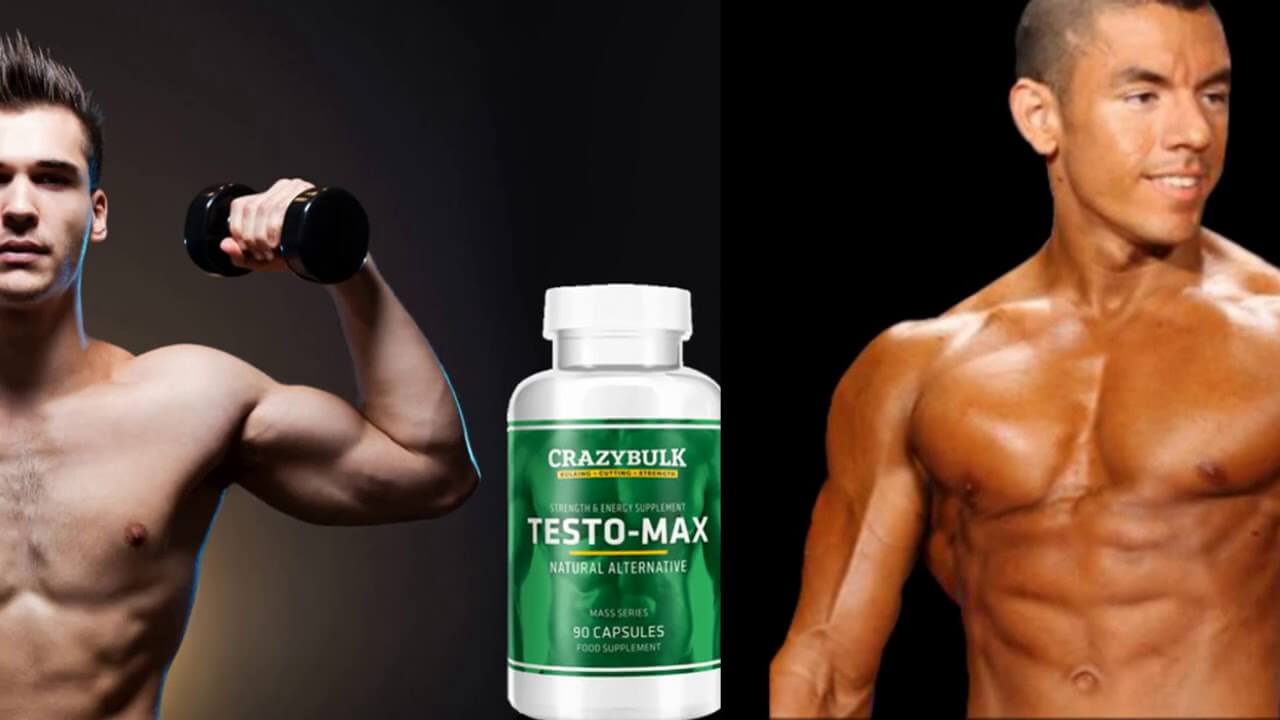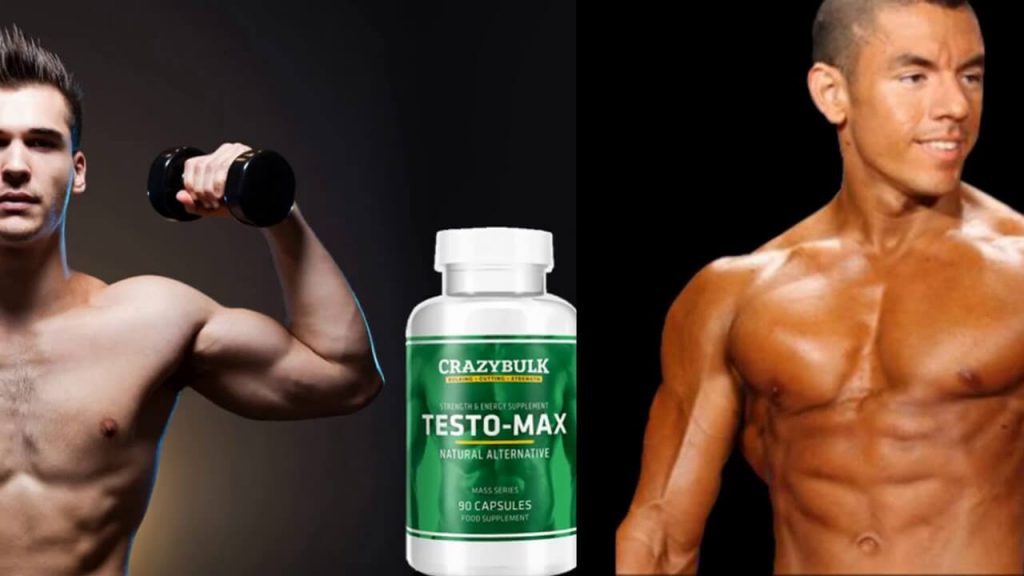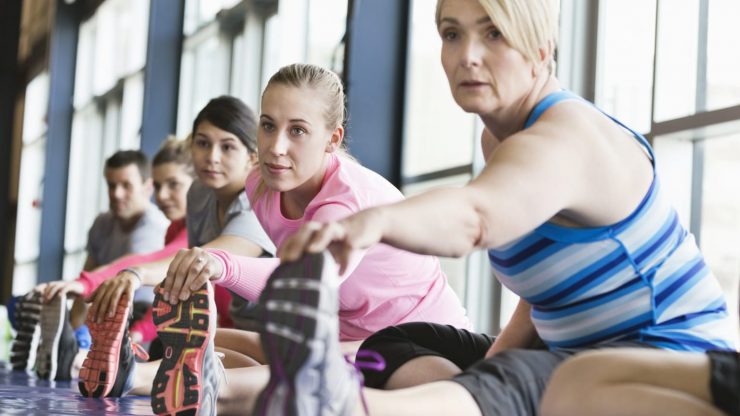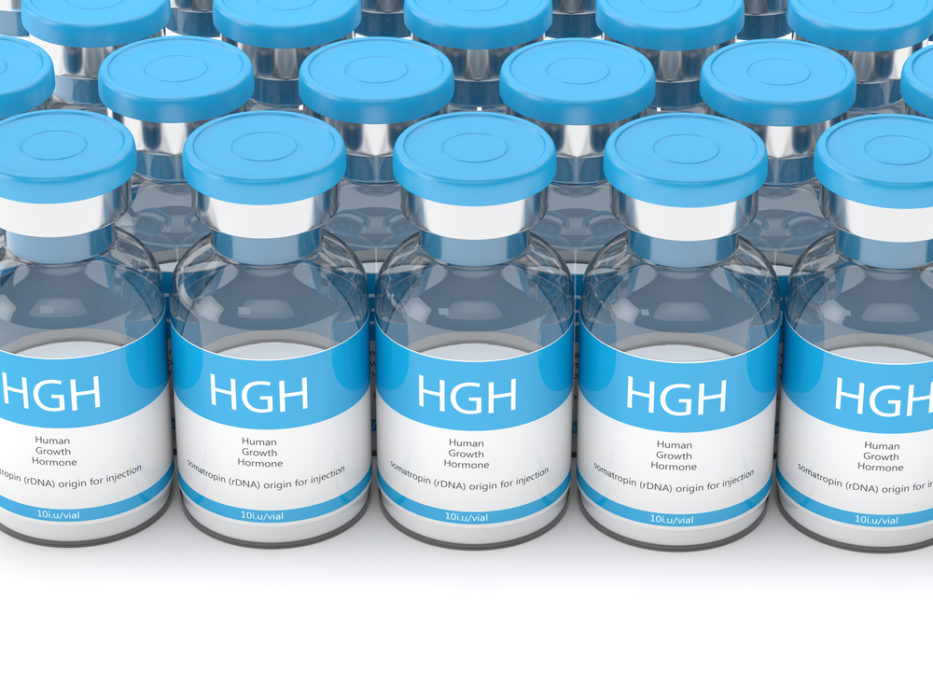You might be aware about different eating disorders that affects a lot of people worldwide. The seriousness of dozens of weight problems triggers people to behave differently from their normal eating patterns. Plus, people who have tendencies or suffering from these disorders are usually in complete denial, whenever they are subjected to criticisms or diagnostic procedures.
Along with the fat burners, there is a need to perform some exercises. There is a requirement to look at the https://www.laweekly.com/best-fat-burners-for-women-that-actually-work/ to get a reduction in the fat. The learning of the pros and cons is essential to get the desired results. The consumption of the healthy food is possible for men and women.
Some eating disorders that were discussed here are bulimia nervosa, anorexia nervosa, binge eating, compulsive eating and many others. Today’s topic will be a different one as it doesn’t just involve abnormal eating behaviors, but over-all physical fitness as well. I am talking about Anorexia Athletica.

What is Anorexia Athletica
WikiPedia published a detailed report about this disorder. Anorexia athletica is also called as hypergymnasia, compulsive exercising and sports anorexia, which refers to excessive and compulsive exercising. It is mostly considered as an eating disorder but some recognizes it as a mental issue.
So basically, an individual that tends to over exercise just to achieve better control over his body, is suffering from this condition. People with this disorder have intense obsession of food and exercise, which leads them to lose control over it without feeling guilty.
Anorexia athletica is termed as “unhealthy” method of weight loss. Experts describes the condition as “mental” in nature (but not totally concluded) because most sufferers doesn’t have any goals why they act differently. This includes improving their weight, body image or to develop skills or performance.
People are more prone to this disorder when they are not totally satisfied with their diets and training programs. Working out excessively without any motivation or reasons, all of which are characteristics of a psychological disorder.
People that are involved in sports, whether professional, beginners or elite athletes, are all prone to this condition. However, body builders, health conscious individuals and generally everyone can also develop this condition.
Causes of Anorexia Athletica
Like any other eating disorders, causes of hypergymnasia varies from many factors. Some research suggests that one big factor is your gene, revealing chromosome 1 as a visible link to this kind of disorder. This means that if you have a history of anorexia athletica, you are more likely to have similar condition.
Another factor is the environment, and the best environment that increases your risk of hypergymnasia is involving yourself into sports or any physical activities. Once you are into the competitive world of sports, you are required to lose weight and get physically and mentally fit in order to perform well. Sports and physical activities that requires total submission or complete dedication includes skating, ballet, gymnastics, boxing, cycling, mixed martial arts and many others.
Symptoms of Anorexia Athletica
Symptoms of this condition varies from person to person. If an individual is over exercising in a long period of time, more symptoms are likely to develop. In general, anorexia athletica has these common symptoms:
- excessive exercising without reasons
- extreme denial that over exercising is the problem
- always trying to prove anything through physical performance
- obsessed with calories, fat and weight
- prefer strenuous exercises than simple routines without satisfaction
Health Hazards of Anorexia Athletica
A person suffering from hypergymnasia gives numerous health disadvantages rather than benefits. One could become extremely underweight and malnourished, which could lead to organ failures and brain damage.
An advanced case of anorexia athletica may result to multiple, life-changing effects that includes physical, psychological and social consequences. The unusual behavioral patterns of people who over exercise are more likely to suffer from anxiety, depression, stress and may feel out of control with their lives. Plus, people who felt guilty after a missed workout is a first-hand sign of hypergymnasia development.
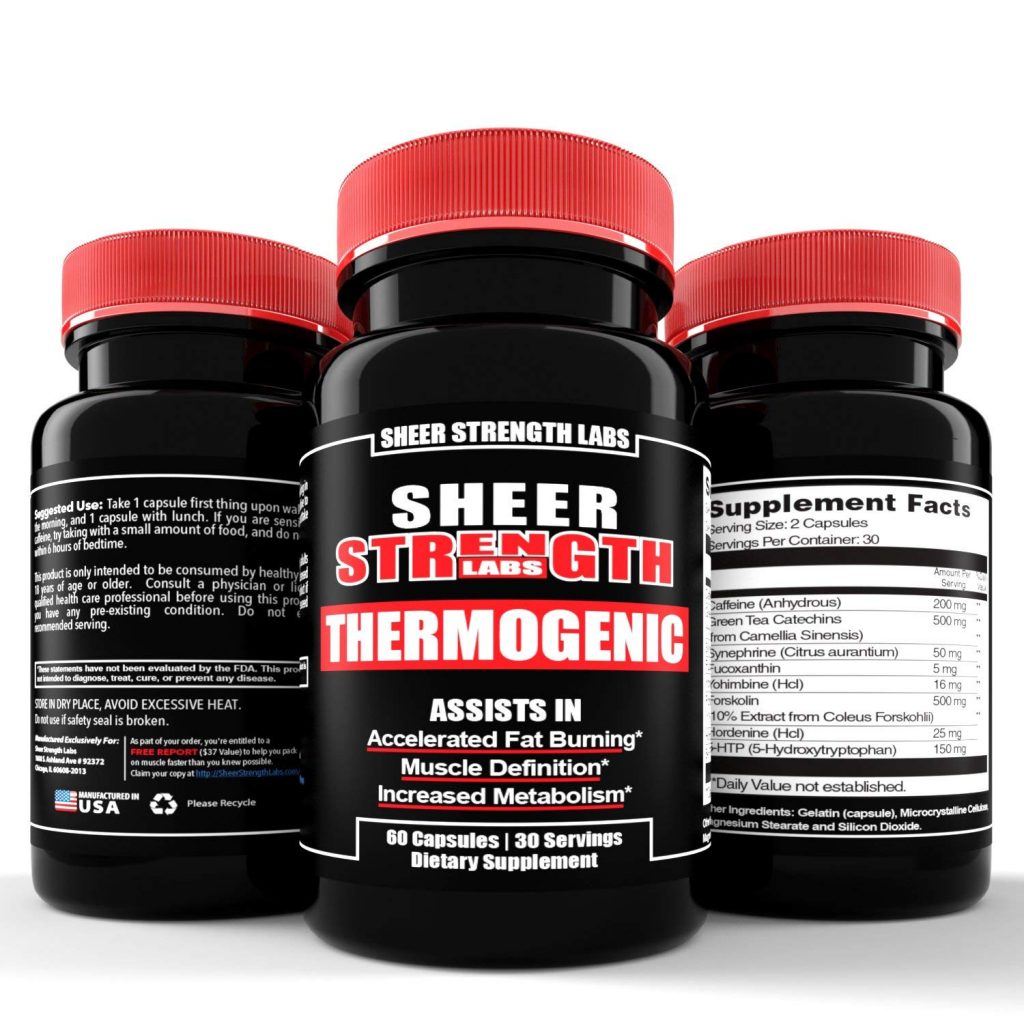
How to Control or Treat Anorexia Athletica
Like other eating disorders, similar treatments can be applied with anorexia athletica. The first thing that should be achieve is realization in the part of the sufferer. If a person with hypergymnasia realizes and accept that exercise and eating are the main problems, then treatment will be less difficult.
If you think you have this condition, then it is important to consult your doctor for immediate assistance. It doesn’t have to be a psychologist in my opinion, but some therapies might offer a big boost on your recovery. Also, you need to consult your case to your professional trainer or coach, while getting right guidance from a certified dietitian. Both of which can help address your eating and exercise issues.
Summary on Anorexia Athletica
Sports anorexia is a condition that is hard to overcome especially if you are in complete denial of it. The first thing is realization that you are indeed influenced by wrong perceptions about over-exercising.

